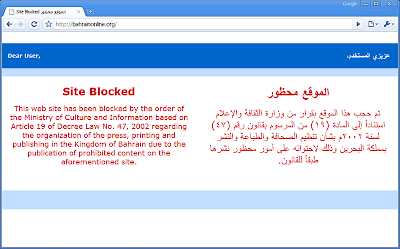I’m not sure how this happened but many people online seem to now equate, Internet Proxies with some sort of anonymity. As if the mere act of inserting a proxy into your browser connection settings covers you in some sort of cloaking device which protects your internet privacy.
Well I’m afraid it’s not exactly true. Sure proxies can help protecting your privacy, but then so can a blanket. Perhaps it’s best to think first about what a proxy server is actually doing. I’m world famous (well not actually true) for my completely crap real world analogies which make little sense but here goes…
A proxy server is no more than a middle man in your communication online, so here’s my promised analogies… Using a proxy server is the same as asking someone to deliver and receive all your postal mail.
If you pick an anonymous proxy from a list on the internet – it’s the equivalent to handing all your mail to someone you picked out on the street. Ask him to deliver all your mail and recieve all your post too (for nothing). Now you may get lucky and find someone who does just that, but then again you might also select someone who throws all your outgoing mail over a hedge, and opens all your incoming mail to steal any cheques and valuables.
It’s a pretty good parallel to an anonymous proxy on the internet, it’s pot luck you know nothing about it and you are not paying for a services so fingers crossed.
Of course you could pay for a service, which is the same as selecting perhaps a mail forwarding company who send and receive mail on your behalf. THey take care of you because you’re a customer and they want to keep you. A paid VPN service or a private proxy provide a service and they want you to remain.
The danger of internet proxies is that if you pick one run by hackers or the bad guys (and yes they do set many of these up) it’s incredibly dangerous to your privacy, it is in fact much worse than using no proxies at all. Do yourself a favour and either use a paid proxy service run properly and securely or save yourself the trouble and don’t bother with internet proxies at all.

 Internet censored
Internet censored